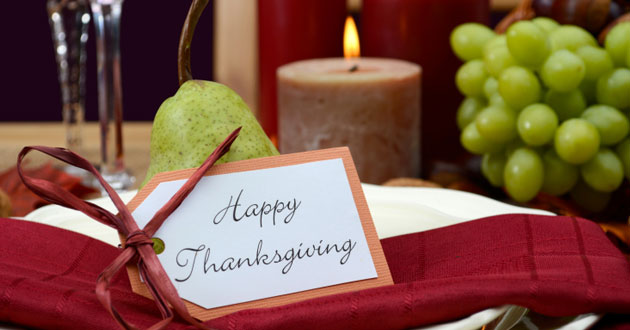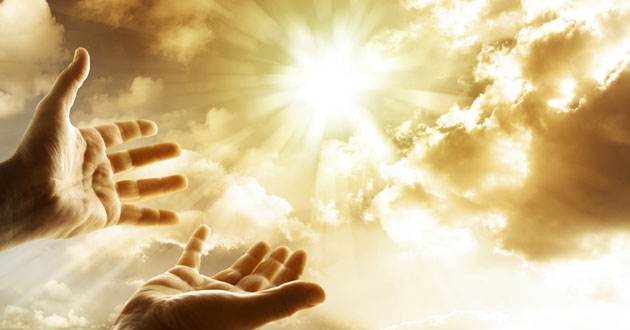Setting a bigger table

The holiday season usually involves family, and for some people that’s a good thing.
For others, not so much.
The first book I had published was about being a new father. That led to a lot of other writing about family. For one article in particular I asked my kid’s public school teacher if I could ask the kids in her kindergarten class for their perspectives. The teacher agreed, so one by one I asked each 5-year-old to define “family” for me.
Here are some of their responses:
“The people who love you and take care of you.”
“People who are together and love each other.”
“Who you live with.”
“People that are related to each other and love each other and sometimes have a pet.”
“People in a group and they’re living in a home. It’s some people who you know.”
“People who buy you presents.”
“A family is someone who can take care of you so you have someone to live with, so you don’t live alone. They need to love you. In my family, on Friday, I get to Rollerblade. Thursday I have dance.”
“Where there’s a lot of people in your house.”
“A mom, a dad and a dog.”
“All the people in my house is a family.”
“A mom, a grandma, a grandpa, and an aunt.”
“A family is where people live.”
“A family is whoever sits around your table at supper.”
That’s what 5-year-olds think. Each one of those statements has some wisdom in it.
Robert Frost defined it pretty well in his poem, “Death of a Hired Man,” only he substituted the word “home” for the way I am using the word “family:” “Home is the place where, when you have to go there, they have to take you in.”
Families love irrationally. What other group, club or association allows a membership regardless of intellect, appearance or achievement?
Jesus had his own view on what a family was. Interestingly, it does not coincide well with recent attempts by political and religious leaders to define it. Mark 3:35 describes a scene where Jesus was teaching in a very crowded house, when his mother and brothers arrived and asked to see him.
“Who is my mother? Who are my brothers?” he asked. The account continues: “Looking round at those who were sitting in the circle about him he said, ‘Here are my mother and my brothers. Whoever does the will of God is my brother, my sister, my mother.’”
That’s a big family. A redefined family.
In Matthew 23:9 Jesus says, “Do not call any man on earth ‘father’; for you have one Father, and he is in heaven.” When Jesus called James and John to follow him, they were mending fishing nets with their father, Zebedee. “He called them, and at once they left the boat and their father, and followed him” (Matt. 4:22).
As a young boy, when his parents couldn’t find him, he was in the Temple. Worried, they asked him why he wasn’t with them on their journey. His answer may sound precocious, but it is consistent with what Jesus believed was truly central to the revelation of God in the world. “Why are you surprised to find me in my Father’s house?” he said. (Luke 2:49)
Perhaps one of the most compelling ways Jesus addressed the family issue was from the cross. As he looked down, “Jesus saw his mother, with the disciple whom he loved standing beside her. He said to her, “Mother, there is your son’; and to the disciple, ‘There is your mother’; and from that moment the disciple took her into his home.” (John 19:26-27)
With that, Jesus redefined family. He is telling us, “Wherever I am in the center, you have a family.” It isn’t our blood that binds us—it’s Presence.
So at family gatherings this fall and winter, maybe we could reconsider the word “family” and set a bigger table. I promise there will be enough room.
— by Dean Nelson
Nelson directs the journalism program at Point Loma Nazarene University in San Diego. His book on seeing God in everyday life is God Hides in Plain Sight: How to See the Sacred in a Chaotic World.





